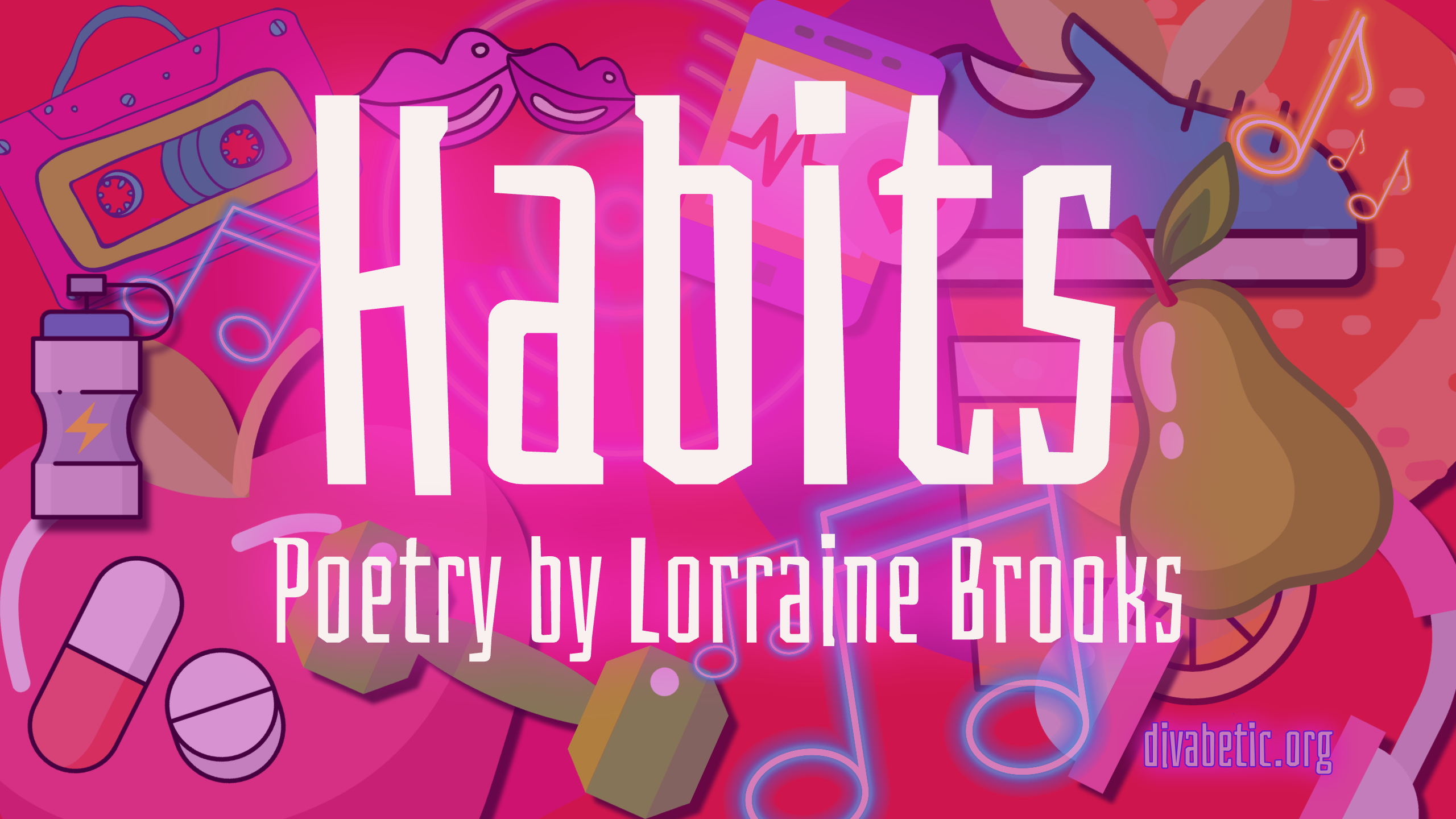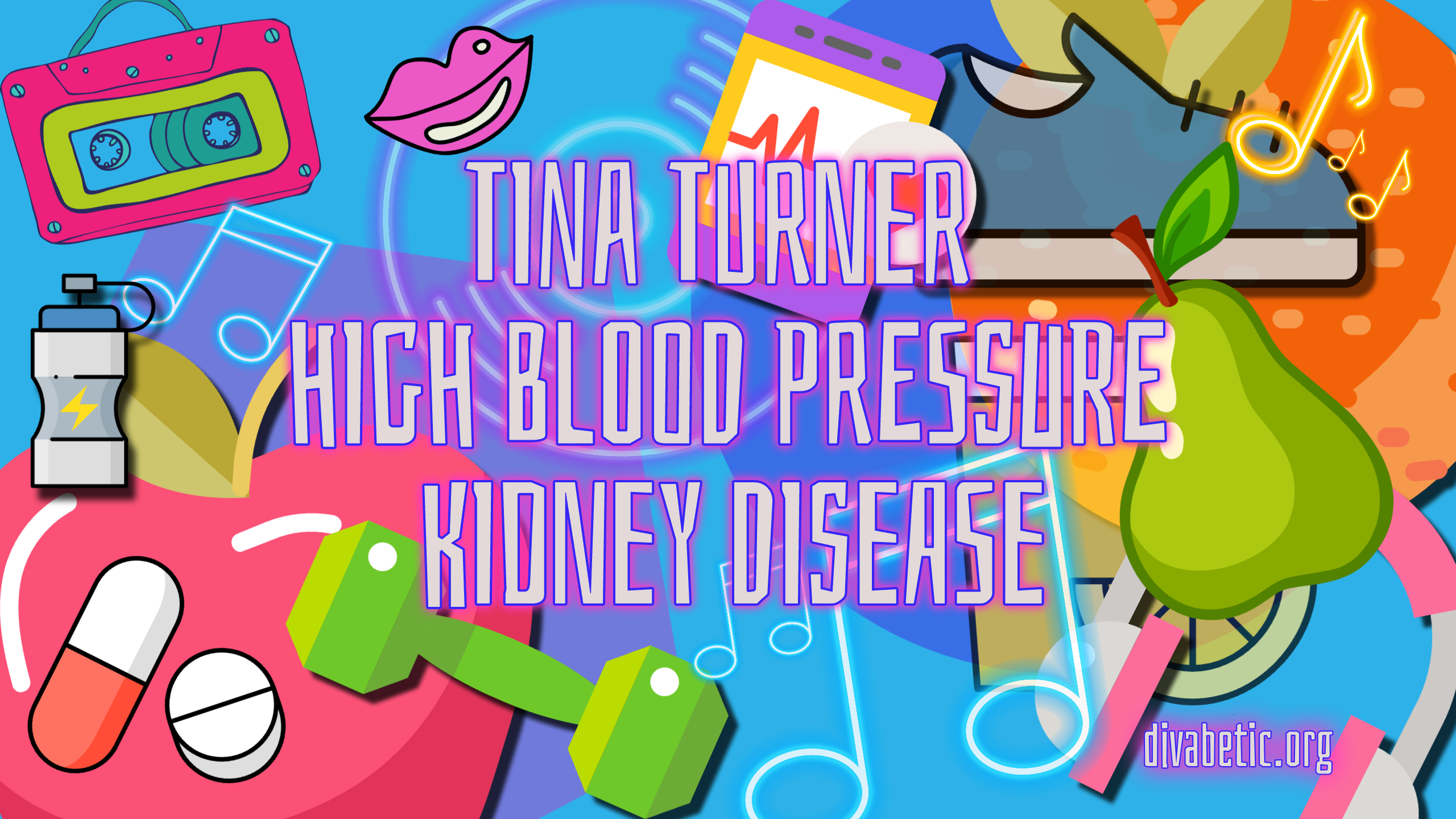Over 37 million Americans have diabetes, and 96 million have prediabetes. This includes people identifying as lesbian, gay, bisexual, transgender, or queer (LGBTQAI+). About 25% of gay or bisexual men and 14% of lesbian or bisexual women have been diagnosed with diabetes, compared to about 10% of the general population.
If you’re a member of the LGBTQAI+ community, learn about factors that may put you at a higher risk of developing diabetes. Divabetic can help you take charge of your health. You are not alone; we see and hear you.
Mr. Divabetic is an openly cisgender gay man who advocates for diabetes. He sees similarities between accepting your sexual identity and accepting a diabetes diagnosis. Both identities seem steeped in shame and blame by the general public. Coming to terms with who you are and/or your health status is a powerful journey in self-love and self-acceptance.
“My coming out journey transformed my life,” says Max ‘Mr. Divabetic’ Szadek. “It was a powerful act of courage, self-love, and acceptance. Not everyone chooses to do it, and that’s okay. I traveled across the country to California to seek my truth. I needed that much distance from friends and relatives to feel safe. At the time, I felt I could resume my life on the East Coast if no one knew what happened on the West Coast. However, I realized once I kissed another man that I was gay and began the lifelong process of coming out to my friends, my family, my co-workers, and acquaintances. There were many difficult and awkward conversations. I have been shamed and have lost work because of it, but I don’t regret it. Coming out is a lifelong process because every time I meet and become friends with someone new, there’s a feeling inside me urging me to speak my truth. Keeping my sexuality a secret feels toxic.”
Poet Lorraine Brooks shares this beautiful poem, Out Gay & Here, to celebrate Pride Month.
Out Gay And Here by Lorraine Brooks

The newly redesigned rainbow flag ensures inclusivity is at the heart of the LGBTQ+ movement. The new design incorporated intersex people into the movement and was led by Valentino Vecchietti.
On this episode of Divabetic’s popular podcast, Mr. Divabetic spotlights LGBTQAI+ people living with, affected by, and at risk of diabetes with music from Indigo Girls.
Research shows that LGBTQAI+ people have unique health disparities and worse health outcomes than their heterosexual counterparts regarding diabetes care and education.
Guests include The Flood Girls & The Small Crimes of Tiffany Templeton, Author Richard Fifield, and Heart Health advocate and fabulous drag queen, Mutha Chucka, and Patricia Addie-Gentle RN, CDCES.
We’re talking about ‘Diabetes & Pride’ on this episode of Divabetic’s popular podcast with musical and identity inspiration from Ricky Martin.
Since Ricky Martin came out in 2010, he’s been a prominent voice for LGBTQ+ rights in the U.S. and his native Puerto Rico. Ricky Martin said, “I just wanna be free,” upon receiving GLAAD’s Vito Russo Award, which honors gay entertainers who promote equal rights. Martin opened up his life to Vanity Fair in its April 2012 issue and spoke candidly about his twins, Matteo and Valentino, and his longtime partner, Carlos Gonzalez.
As an openly gay man, Mr. Divabetic is honored to shine the spotlight on members of the LGBTQ+ community living with diabetes. Guests include Stephen Bernstein, Greg Rubin, Maria Salazar, Maya James, and the Charlie’s Angels of Outreach.
Diabetes Late Nite is a fast-paced, full-filled hour of diabetes education and wellness advice that encourages listeners to “laugh a little, learn a lot.”






















